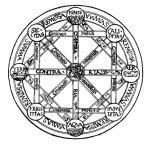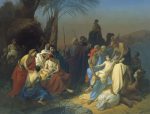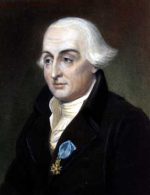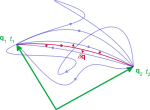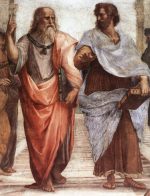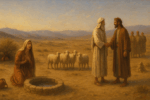
Two Wells, Two Ways of Knowing: Seeing the Present, Proving the Past
Summary This essay examines two consecutive narratives from Parshat Vayeira, each featuring a well and each posing a distinct epistemological challenge. Hagar’s well (Genesis 21:19)
